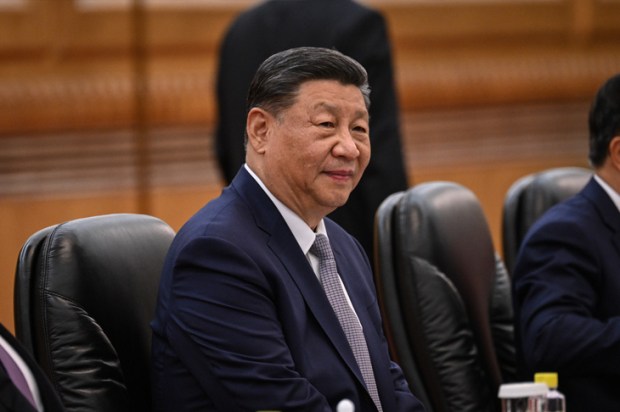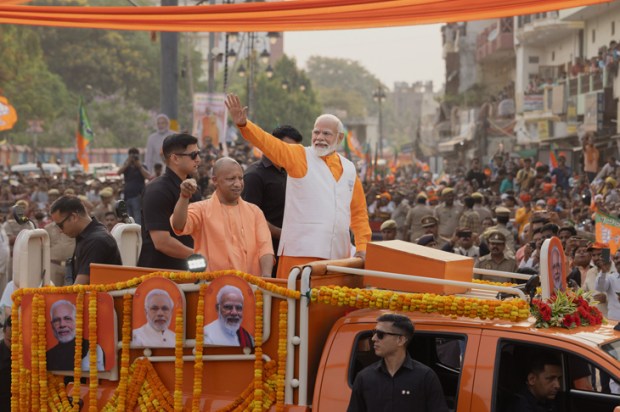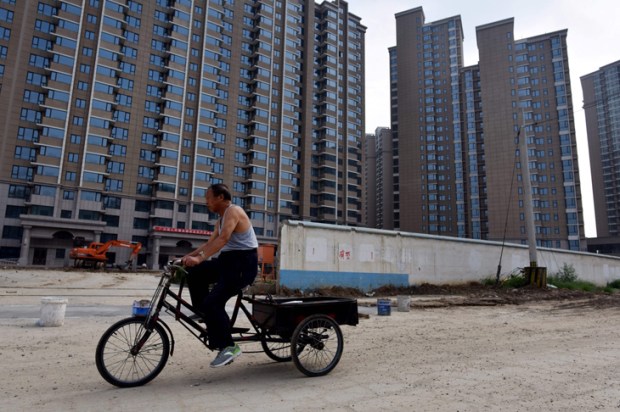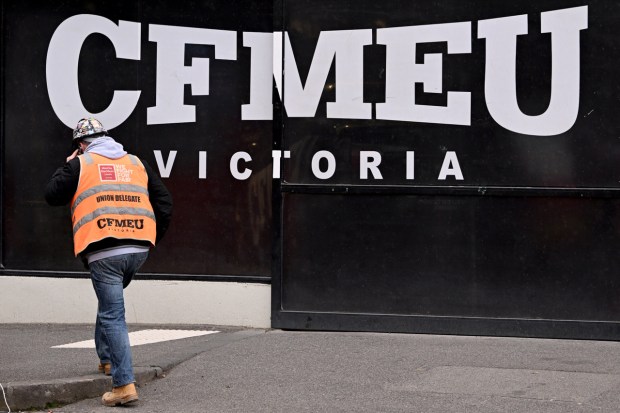Jack Ma, the schoolteacher who co-founded Alibaba Group, so likes attention that in 2019 in front of 60,000 employees he donned oversized purple-tinged glasses, a studded leather jacket with chains and a braided long-haired wig, grabbed an orange electric guitar as a prop, and sang pop songs to mark the e-commerce giant’s 20th birthday.
Already a subscriber? Log in
Subscribe for just $2 a week
Try a month of The Spectator Australia absolutely free and without commitment. Not only that but – if you choose to continue – you’ll pay just $2 a week for your first year.
- Unlimited access to spectator.com.au and app
- The weekly edition on the Spectator Australia app
- Spectator podcasts and newsletters
- Full access to spectator.co.uk
Or
Unlock this article
You might disagree with half of it, but you’ll enjoy reading all of it. Try your first month for free, then just $2 a week for the remainder of your first year.













Comments
Don't miss out
Join the conversation with other Spectator Australia readers. Subscribe to leave a comment.
SUBSCRIBEAlready a subscriber? Log in